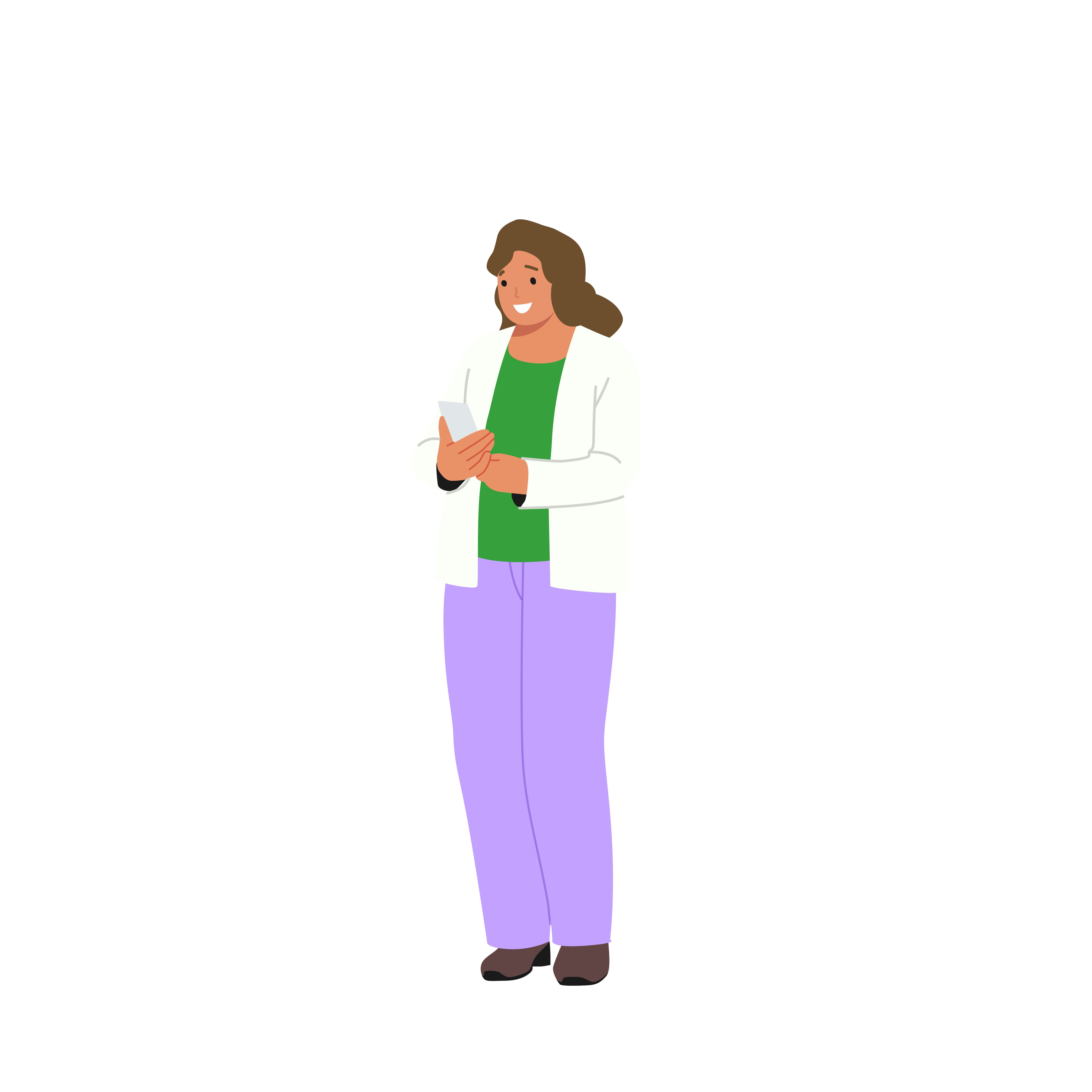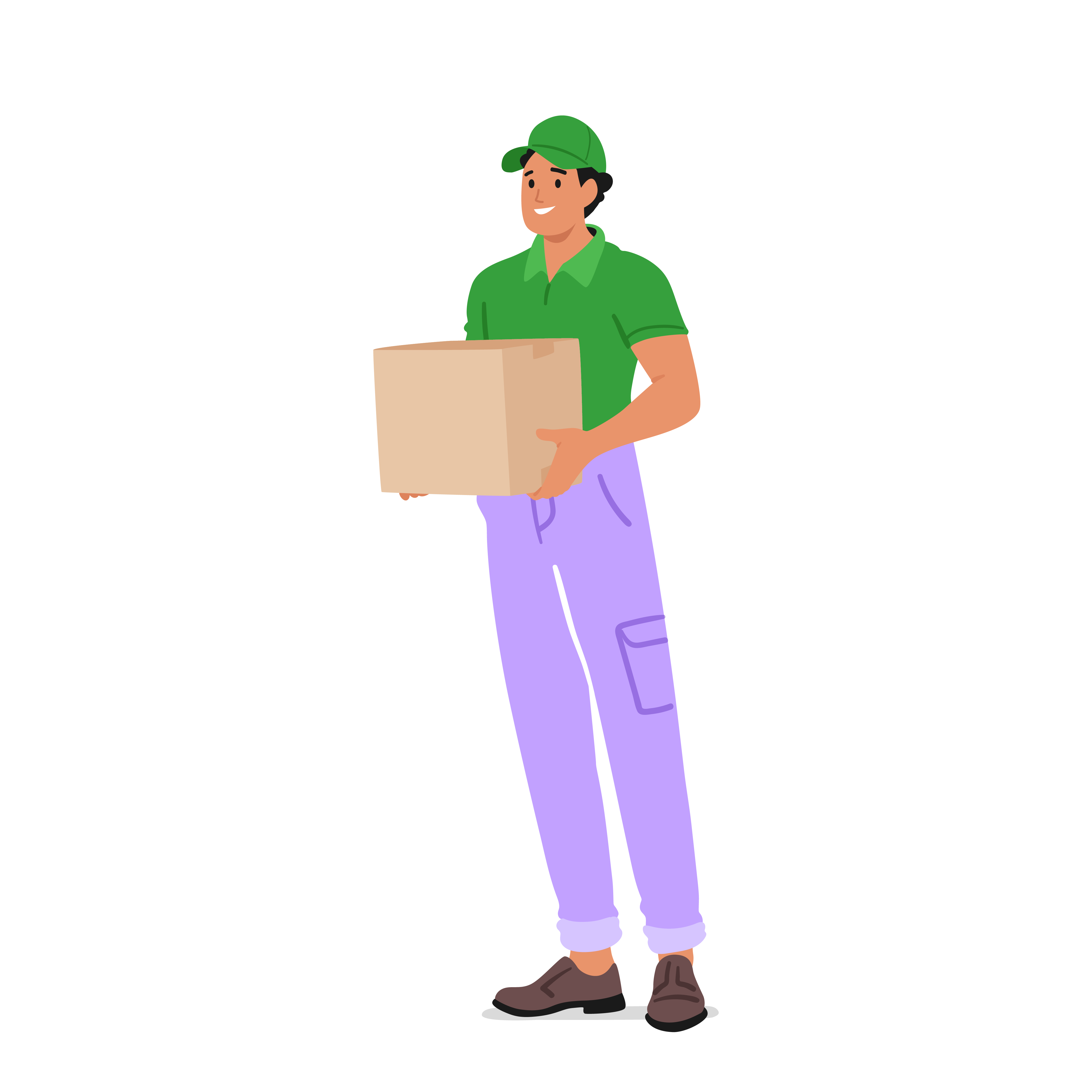- Home
- Travel Health
- Altitude Sickness Medication
Altitude Sickness Medication
Altitude sickness, sometimes called mountain sickness, can happen when you travel to high places too quickly. At higher altitudes, there’s less oxygen in the air, which can make you feel unwell. Common symptoms include feeling dizzy, tired, short of breath, or feeling sick. If you're planning a trip somewhere with high mountains or elevated regions, it’s important to be prepared. At PharmXtra, we offer medication that can help reduce your risk of getting altitude sickness, so you can enjoy your journey safely and comfortably.
More Information
What is altitude sickness?
Altitude sickness, also known as acute mountain sickness (AMS), is a condition that can occur when you ascend to high altitudes too quickly, typically above 2,500 metres (approximately 8,200 feet) above sea level. It is caused by reduced air pressure and lower oxygen levels at higher elevations, leading to symptoms such as headache, nausea, vomiting, fatigue, dizziness, and difficulty sleeping. Altitude sickness can affect anyone, regardless of age or physical fitness, and may become more severe with higher altitudes and faster ascent rates.
Can you cure altitude sickness?
The best cure for altitude sickness is to descend to a lower altitude where symptoms usually improve or resolve completely. Descending to a lower altitude allows your body to acclimate to the reduced air pressure and oxygen levels, relieving the symptoms of altitude sickness. In most cases, mild to moderate altitude sickness can be effectively treated with rest, hydration, and over-the-counter medications to alleviate symptoms such as headache or nausea. However, if symptoms persist or worsen despite descending to a lower altitude or if severe symptoms such as confusion, difficulty breathing, or chest tightness develop, immediate medical attention may be necessary.
Are there any natural ways to treat altitude sickness?
There are several natural remedies and self-care measures that may help alleviate symptoms and support acclimatisation to high altitudes. These include staying well-hydrated by drinking plenty of fluids, avoiding alcohol and caffeine, which can contribute to dehydration, eating small, frequent meals high in carbohydrates and moderate in protein, getting plenty of rest and allowing time for gradual acclimatisation, and avoiding strenuous physical activity until acclimated to the altitude. Some people may also find relief from symptoms by using supplemental oxygen or herbal remedies, although the effectiveness of these treatments varies, and they should be used with caution and under the guidance of a healthcare professional. It is important to note that you should always consult with your doctor to ensure that natural treatments are safe and suitable for your condition.
What is altitude sickness treatment?
Altitude sickness treatment focuses on relieving symptoms and promoting acclimatisation to high altitudes. Mild to moderate altitude sickness can usually be managed with rest, hydration, and over-the-counter medications to alleviate symptoms such as headache, nausea, or dizziness. If symptoms persist or worsen despite these measures, descending to a lower altitude is the most effective treatment. In severe cases of altitude sickness immediate descent to a lower altitude and medical intervention are necessary to prevent life-threatening complications.
What forms do altitude sickness treatments come in?
Altitude sickness treatments come in various forms, including over-the-counter medications, supplemental oxygen, or herbal remedies, depending on the severity of symptoms and individual needs. Over-the-counter medications such as pain relievers or anti-nausea medications may be used to alleviate symptoms such as headache, nausea, or vomiting. Supplemental oxygen therapy may be administered in severe cases of altitude sickness to increase oxygen levels in the bloodstream and relieve symptoms of hypoxia. Herbal remedies or supplements may also be used to alleviate symptoms, although their effectiveness and safety vary, and they should be used with caution and under the guidance of a healthcare professional.
Do you need a prescription for altitude sickness medications?
Some altitude sickness medications, such as prescription-strength pain relievers or anti-nausea medications, may require a prescription from a healthcare professional. However, over-the-counter medications for altitude sickness are usually available without a prescription and may be sufficient for managing mild to moderate symptoms. If you suspect you have altitude sickness or are planning to travel to high-altitude destinations, it is important to consult with your doctor or a travel medicine specialist for advice on preventive measures, altitude acclimatisation strategies, and appropriate medications for altitude sickness. At EU Meds, all requests for altitude sickness medications are subject to an online clinical consultation, and the decision to prescribe medications will be made by a doctor.
Medication delivered discreetly from EU pharmacies



Choose the right treatment
From the comfort of your own home or out on the go, choose the treatment you require from our extensive range.
Complete an online consultation
A vital part of our process, your online consultation will be similar questions to that of a GP. Quick and easy, we guarantee privacy and confidentiality.
Delivered discreetly
One of over 100 of our partner regulated EU pharmacies will dispense and ship the treatment to you.
Rated out of 5 on 
Been using them for over a year and can't fault them.
Brilliant and helpful service as always Quick delivery and helpful tracking
Flawless service. Sent me the medication I ordered, at the price advertised, delivered at a speed which exceeded my expectations.
Easy ordering, fast delivery
Rated 4.6 out of 5 based on 5111 reviews

Here to help you
Our Customer Service is available Monday to Friday 9am - 4pm. If you need urgent assistance, do not use this service. Call 111, or in an emergency call 999. Visit our help section



